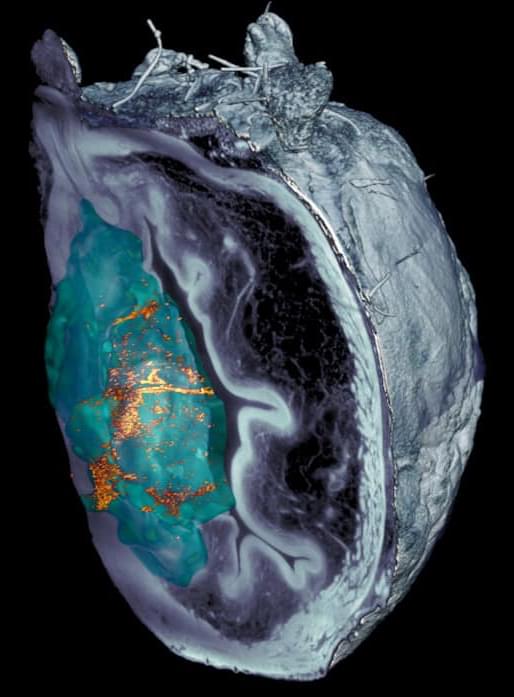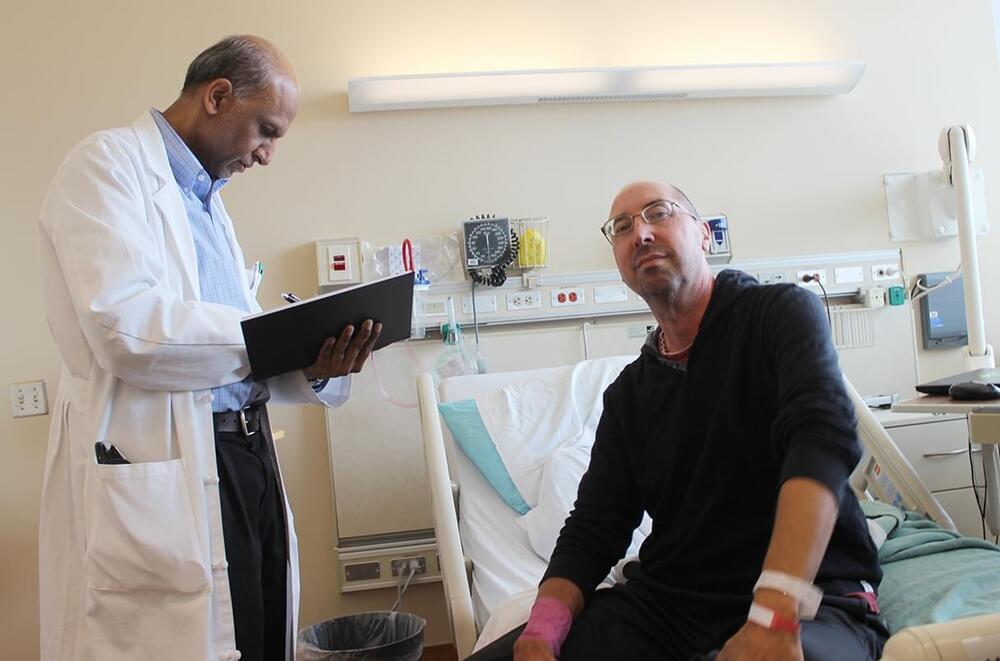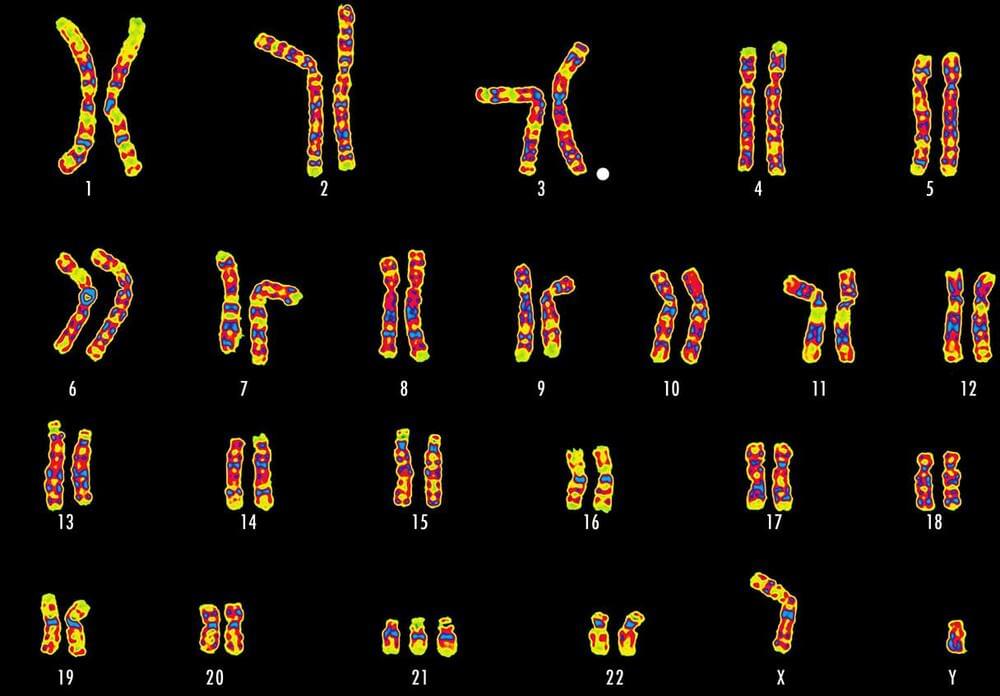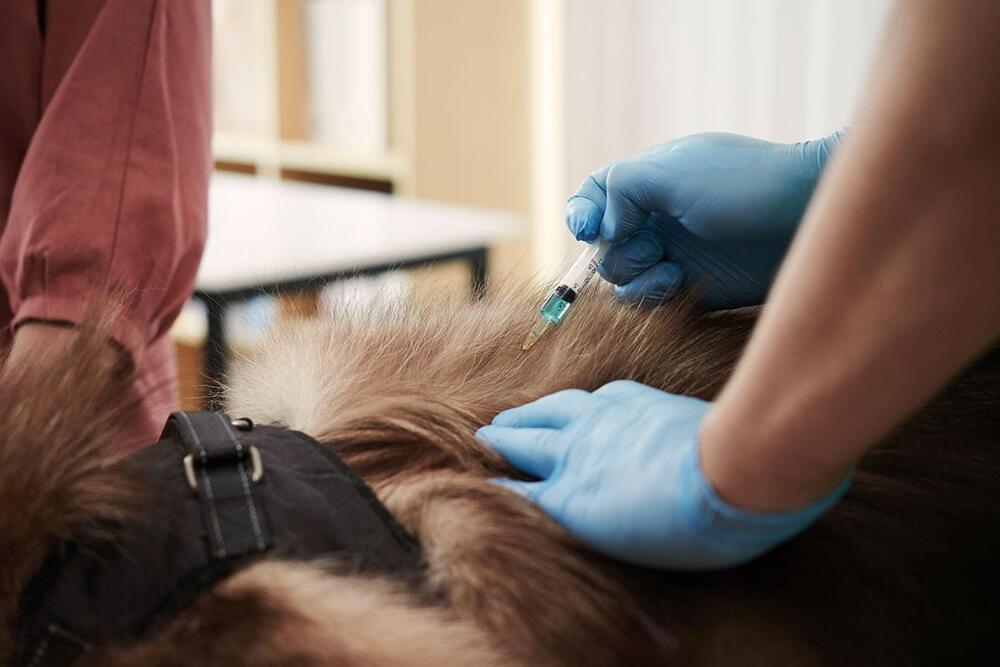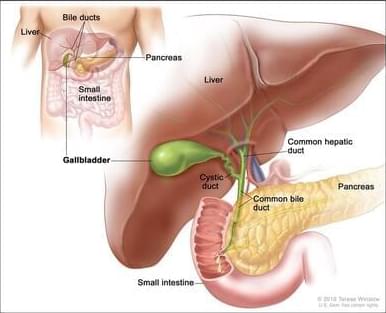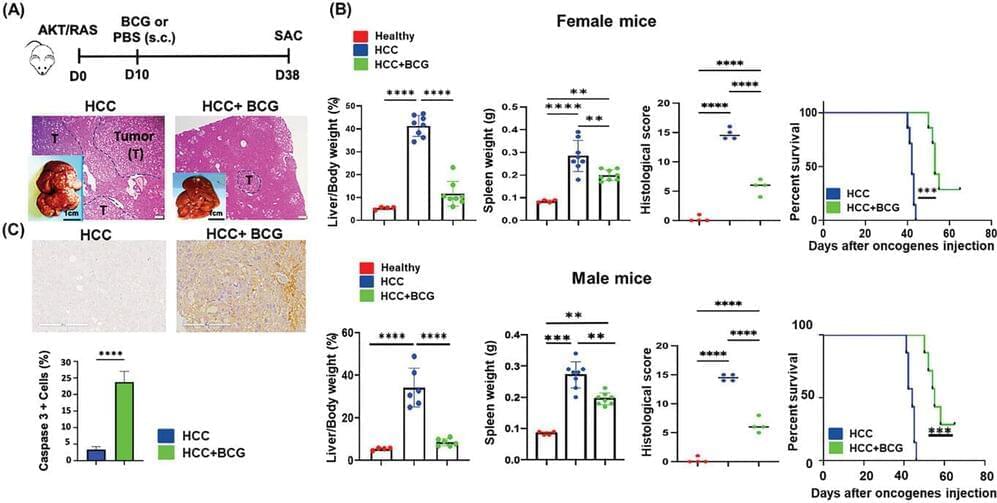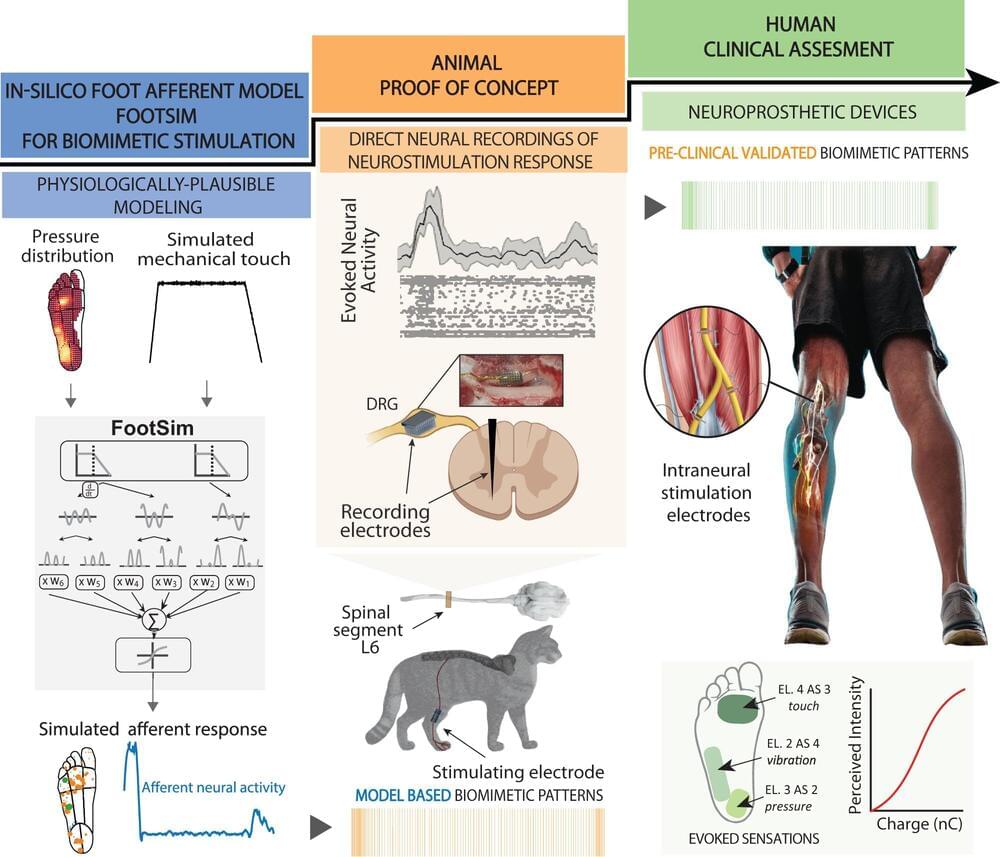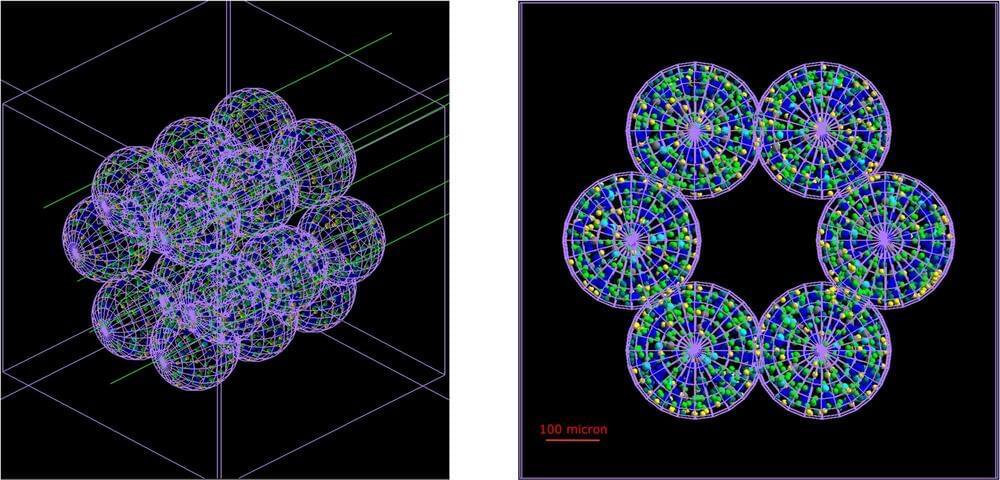Feb 21, 2024
Self-propelling nanobots shrink bladder tumours in mice by 90%
Posted by Shubham Ghosh Roy in categories: bioengineering, biotech/medical, nanotechnology
Imagine an army of self-propelling, radioisotope-covered particles 2,500 to 10,000 times smaller than a speck of dust that, upon injection into the body, search for and attach themselves to cancerous tumours, destroying them. Sounds like science fiction? Not so for mice with bladder cancer.
Researchers in Spain report that nanoparticles containing radioactive iodine and which propel themselves upon reaction with urea have the ability to distinguish cancerous bladder tumours from healthy tissue. These “nanobots” penetrate the tumour’s extracellular matrix and accumulate within it, enabling the radionuclide therapy to reach its precise target. In a study conducted at the Institute for Bioengineering of Catalonia (IBEC) in Barcelona, mice receiving a single dose of this treatment had a 90% reduction in the size of bladder tumours compared with untreated animals.
This novel approach may one day revolutionize the treatment of bladder cancer. Bladder cancer is the tenth most common cancer in the world, with over 600,000 new cases diagnosed in 2022 and more than 220,000 deaths globally, according to the World Health Organization’s Global Cancer Observatory.
